Podcast: Play in new window | Download
Subscribe: RSS
Brian Portnoy, Ph.D., CFA, is an author, speaker, and Director of Investment Education at Virtus Investment Partners, a $100 billion investment solutions platform. He has held senior investment, research, and strategy roles at Chicago Equity Partners, Mesirow Financial, and Morningstar. His books are titled The Investor’s Paradox and The Geometry of Wealth.
Takeaway Quote:
“Almost none of us is really asking ‘are we going to beat the market.’ All of us are really asking ‘am I going to be okay?’”
Show Timeline:
1:57 The difference between being rich and being wealthy
6:14 The two distinct experiences of happiness, and how this understanding impacts our industry
11:12 The practical application of these ideas in advisor-client relationships
17:19 An example of the happiness conversation in the context of retirement planning
21:10 Aspiration, leadership, and an exciting opportunity for advisors to differentiate themselves
24:18 The four C’s that drive contentment
28:45 A framework for advisors to help clients create a meaningful plan for the future
34:18 The impact of these conversations on your business
Links:
Websites: www.virtus.com, shapingwealth.com
Books: The Geometry of Wealth: How to Shape a Life of Money and Meaning, The Investor’s Paradox: The Power of Simplicity in a World of Overwhelming Choice
LinkedIn: https://www.linkedin.com/in/brianportnoy/
Twitter: https://twitter.com/brianportnoy
Want more?
Stephen Wershing: www.TheClientDrivenPractice.com/checklistblog
Julie Littlechild: www.absoluteengagement.com/blog
Episode Transcript:
Julie Littlechild:
Welcome to another episode of Becoming Referable, the podcast that helps you be the kind of advisor people can’t stop talking about. I’m Julie Littlechild and on this week’s show, Steve and I are joined by Brian Portnoy for a fascinating discussion. Brian is the Director of Investment Education at Virtus Investment Partners, and has spent more than 25 years as an educator, investor and strategist. He is the author of two books, The Investor’s Paradox and The Geometry of Wealth, both of which tackle the challenges we all face and face with our clients: how to make better investment decisions and understanding how money figures into a joyful life. Brian tells us about the concept of funded contentment as an overarching goal. He draws a clear distinction between being rich and being wealthy. And he shares the two distinct experiences of happiness that we all face. But more importantly, Brian breaks these complex topics down to their essentials to help you become a better advisor for your clients by helping them to understand their relationship with money, and what they really want to accomplish.
In many respects, Brian will help you to reframe the conversations you have with your clients in a way that will deliver significantly more value. And with that, let’s get straight to our conversation with Brian. Brian, welcome to Becoming Referable. I am so happy you’re here.
Steve Wershing:
Yeah, welcome Brian.
Brian Portnoy:
I’m very happy to be here, thank you.
Julie Littlechild:
I had a chance to hear you speak recently and I tell you, you held that audience. And I know you’re going to hold the audience today. Your stuff is just awesome. And what I was thinking is, I’d love it if we could frame at least part of our discussion around your latest book, which is The Geometry of Wealth, and we’ll make sure we include a link to that. Such a great book, and I think of it, and please use your own words if I’m getting this completely wrong, but I think of it as a real roadmap to understanding the difference between … and these are your terms … what it means to be rich versus wealthy and the differences between those two and the path from one to another.
And I love that differentiation, so maybe we can just start right there at the highest level and ask you how would you describe the difference between being rich and being wealthy.
Brian Portnoy:
Yeah, thanks. And I like the term roadmap, because I do think of rich versus wealthy as a fork in the road, and so let me briefly state the difference. So to me being rich is the accumulation of more, in particular more money. And I’ll just stipulate that what we know from psychology and other disciplines is that that quest for more can ultimately be very unsatisfying. Wealthy by distinction is what I think about in terms of the ability to underwrite a meaningful life. The shorthand that I have come up with is funded contentment, and it’s the idea that we want money to fit into our lives in a constructive and healthy way. We have to recognize that there’s no avoiding it. There’s no walking in the woods for the rest of our lives. There are certain practicalities that we need to deal with, so insofar as money is unavoidable, we can certainly find better ways to think about how it can be used to support contentment or meaning, as opposed to just being kind of a fruitless quest.
Julie Littlechild:
And so this idea of funded contentment, how does having that kind of distinction matter to investors and the end client? Most of our audience of course is advisors, and how does understanding that difference really help them communicate more effectively with their clients?
Brian Portnoy:
I feel like depending on where you’re coming from in our big money ecosystem or food chain, there’s a good chance that you’re missing a good part of the story. So from a practitioner’s point of view, whether you’re working in a money management firm or whether you’re a financial advisor, we tend to focus on the financial stuff first; the investments, the portfolios, things like that. And then at some point maybe we come around to thinking about goals. And if you’re coming at it from the other direction, just regular people who find money intimidating, if they ever took a finance class and they didn’t find it the slightest bit enjoyable, they’re thinking about they want to lead a happy life and money becomes an annoyance.
I kind of want to bridge the gap between these two audiences by saying that through this lens of funded contentment we can have a much, much better conversation about what really matters. And I think the conversation starts with contentment, it starts with what counts as meaning, and we can get into the details on that if you’d like a little bit. But then once we recognize that that is the objective, which is a life well lived, then we have to ask about how we can afford a meaningful life, which I think is kind of an awkward, uncomfortable question. What does it mean to afford a meaningful life? And with that, we can explore that there are different forms of happiness in our lives that we are dealing with. Some of it is short term pleasure and pain and at the other end of the spectrum is that deeper sense of meaning or contentment that many of us are searching for.

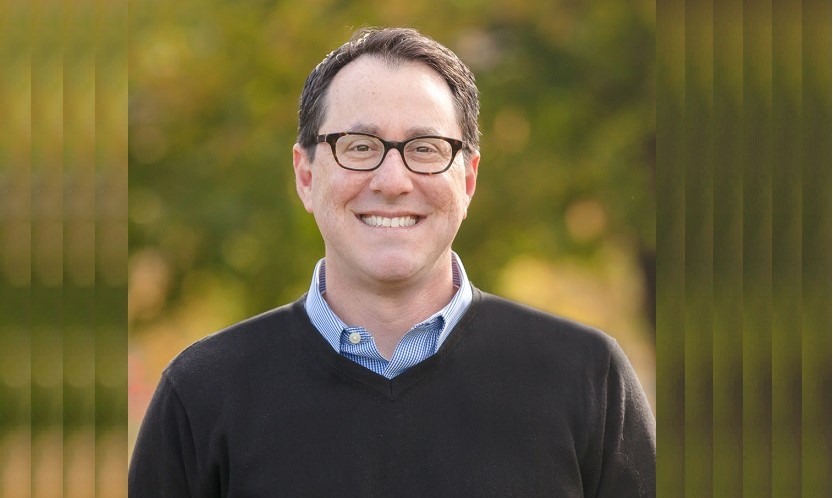
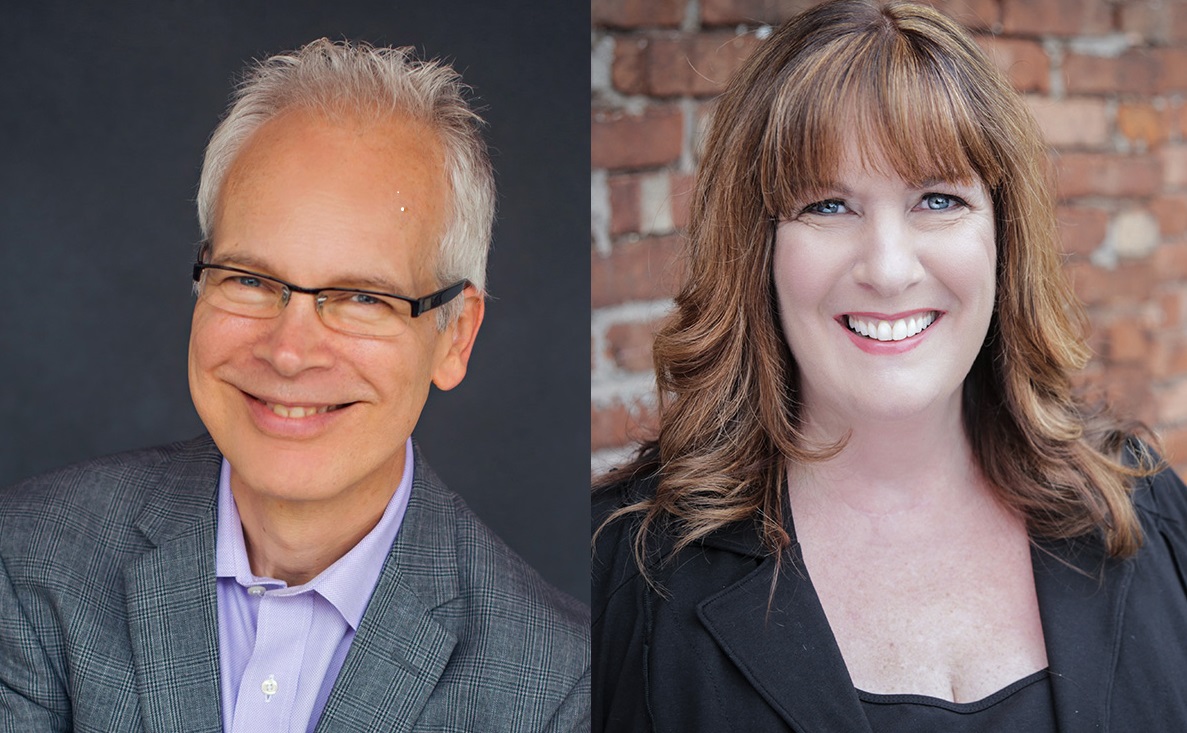
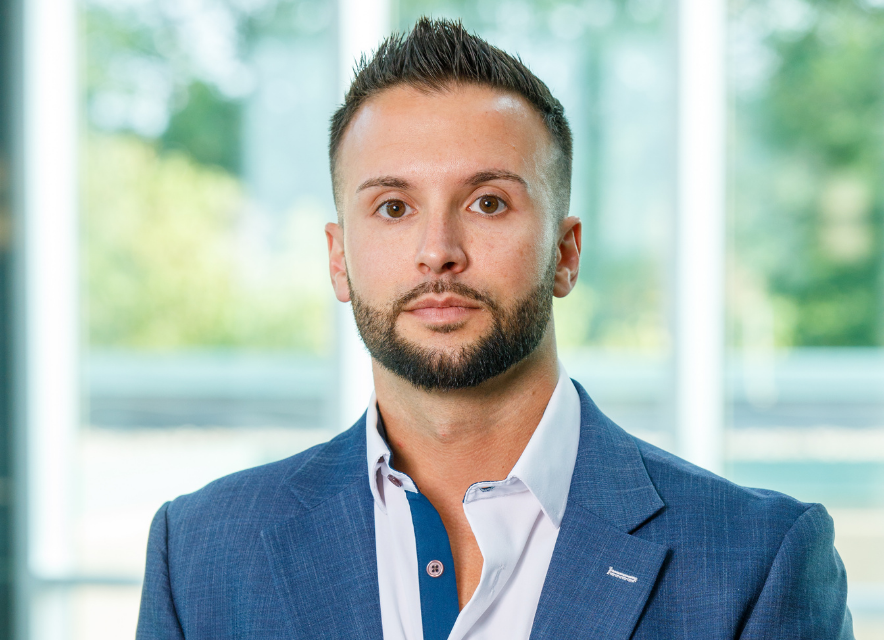
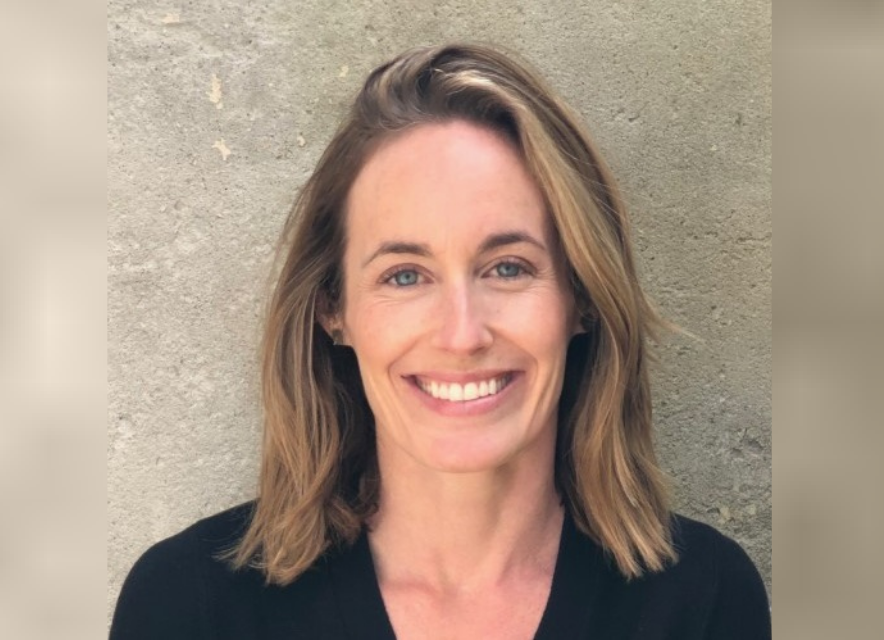
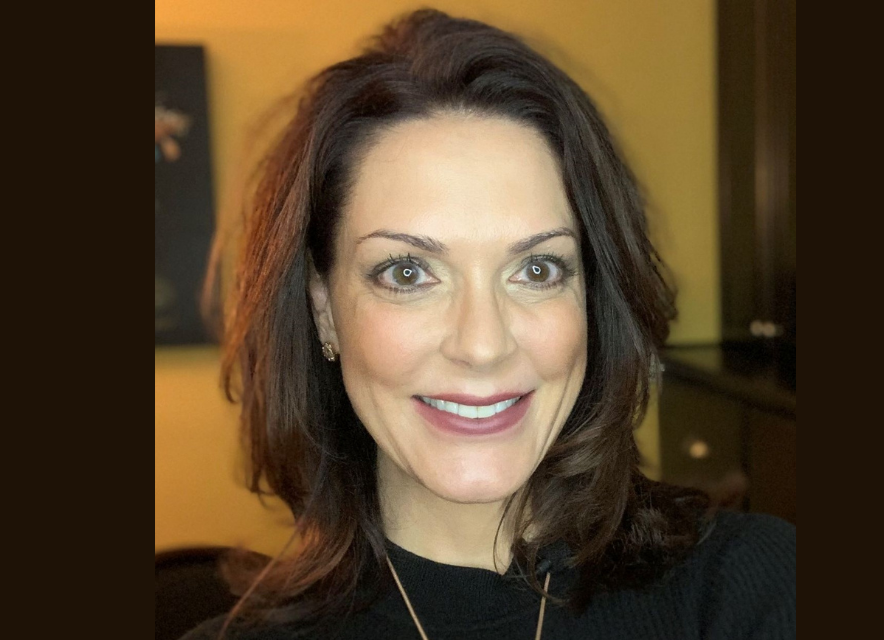
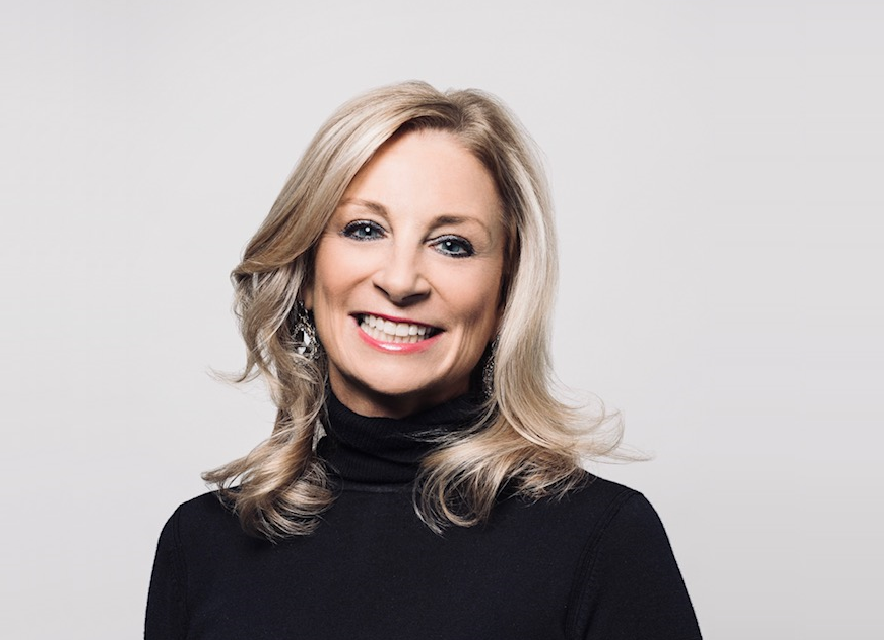
Leave A Comment